Bernard d'Espagnat a French theoretical physicist best known for his work on the nature of reality wrote a paper titled The Quantum Theory and Reality according to the paper:
"The doctrine that the world is made up of objects whose existence is independent of human consciousness turns out to be in conflict with quantum mechanics and with facts established by experiment."
The observations are in agreement with quantum predictions but there are some correlations in nature and we need to explain why and how such correlations arise in nature. More over these correlations have violated Bell's inequality and there by in violation of local realistic theories. So normally in Science if we find some unusual observed phenomena and confirm such a phenomena by repeated experiments we deduce that something might be wrong with our assumptions and we go back to the drawing room to discuss which assumptions are more likely to turned out to be false.
Bernard d'Espagnat, a French theoretical physicist, a winner of Templeton prize for his works in Quantum Physics wrote an article called the "Quantum theory and Reality" where he addresses these issues and his arguments are very much in line or in tone with my arguments. I didn't knew about his article, I read it just few days back.
Here is his excellent article on Scientfic American. Please care to read and hear it from himself and in particular page 20 where he discusses about the positivism approach of science.
Anyone with a few knowledge of the scientific method and quantum physics or a layman can easily see that there is something seriously wrong with the positivist approach of science.
As Bernard says that the violation of Bell's Inequality implies that one of the three basic assumptions of science must be wrong.
1. The Three premises of Scientific Realism.
2. The free use of Induction.
3. Einstein separability.
Scientific Realism is the belief that the objects described by physics exist independently of the mind of the Observer or exists in the external physical world. The accepted consensus by the scientific community is to reject realism and retreat towards positivism and hence physicists do not assert that the external physical world do not exist instead they say that any attempt to understand the physical nature of the quantum system must be rejected as meaningless since it is highly metaphysical.
According to this positivist approach science cannot give an objective account of reality and the aim of science is just to make predictions about the possible values of the quantum system and we shouldn't demand an explanation as to why and how such a correlation arises in nature. If science has to explain how entanglement works then it is inevitable that it has to penetrate into the objective account of the quantum system but the positivist approach of science cannot penetrate into such a system.
This is not a problem of nature this is more of a problem of the scientific method and its basic assumptions.
Therefore I am asserting that the assumption of Scientific realism and its epistemology is false, physical objects don't exist in the outside world.
In an article in the Guardian titled Quantum weirdness: What we call 'reality' is just a state of mind .
d'Espagnat wrote that:
"What quantum mechanics tells us, I believe, is surprising to say the least. It tells us that the basic components of objects – the particles, electrons, quarks etc. – cannot be thought of as "self-existent". He further writes that his research in quantum physics has lead him to conclude that an "ultimate reality" exists, which is not embedded in space or time."
The Good news is that we already have methods in other eastern schools of philosophical thought which can investigate that ultimate reality which is not embedded in space and time and these methods help us to perceive nature in a different state of mind, this opens up new observation and new ways of epistemology and this gives us an objective account of reality. We can know the noumenon, the things in itself and not as they appear to us.
Even the Gnostic traditions say the same thing that scientific realism is false. There are anecdotal evidences of this claimed by mystics who have experienced it through revelations. The Brahmans and Valentinians are the highest authority for this world-view. Therefore both science and mysticism conclude the same thing about our reality.

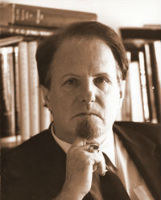
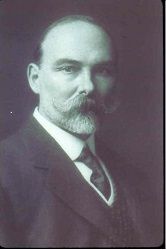
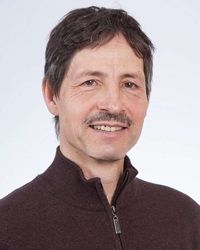
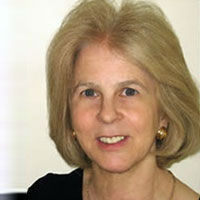
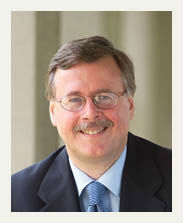
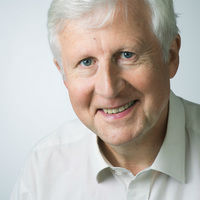
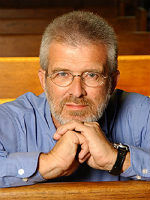
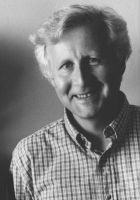
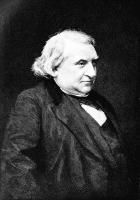
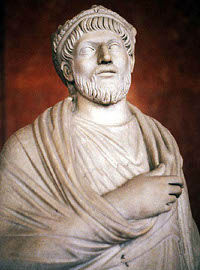


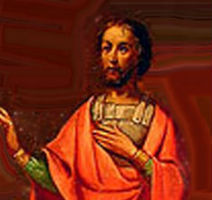
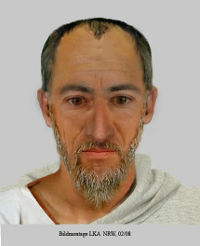

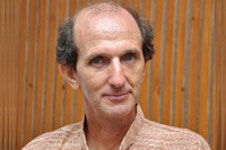
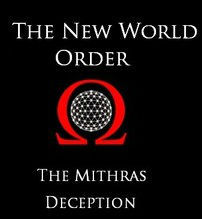
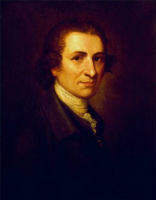


No comments :
Post a Comment